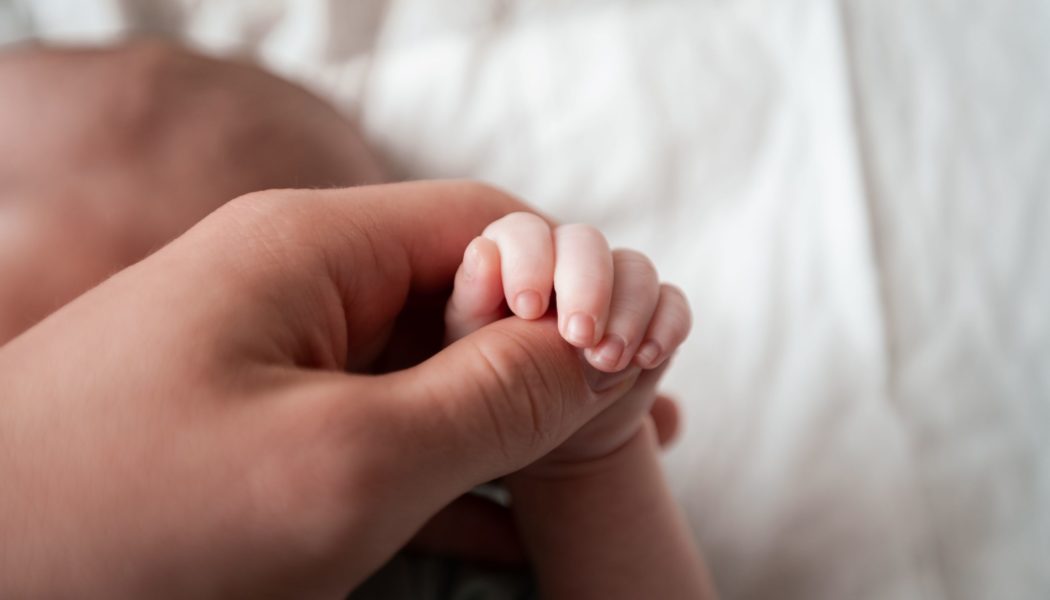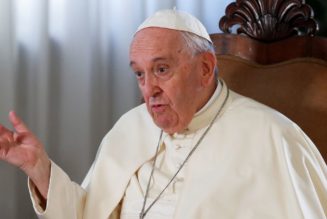
Furthermore, they argued, “there is no recognized right to abortion in European or international law.” Limits on European Union authority, meanwhile, proscribe the governing body from enacting such a measure.
“There are no competences at the EU level for regulating abortion,” the bishops wrote, “and it must be seen that fundamental rights cannot establish competences of the Union.”
The European Court of Human Rights “has never declared abortion to be a human right protected by the European Convention on Fundamental Rights,” the bishops added, while in contrast the court “has declared the right to life as a fundamental human right and confirmed in its case law that it is [a] legitimate objective for the contracting states of the convention to protect the unborn life.”
Abortion is broadly regulated across European Union member states. In contrast to the highly permissive legal framework that prevailed in the United States under Roe v. Wade, many European countries restrict abortion after 12 to 14 weeks of pregnancy; some countries also impose waiting periods and other regulations.
In January of last year, French President Emmanual Macron called upon the European Union to enshrine abortion in law, which Macron said would “give new life to our set of rights” there. In a statement at the time, COMECE expressed “deep concern and opposition” to the idea.
“Caring for women who are in a difficult or a [conflicting] situation because of their pregnancy is a central part of the diaconal ministry of the Church,” the bishops wrote, “and must also be a duty exercised by our societies.”







